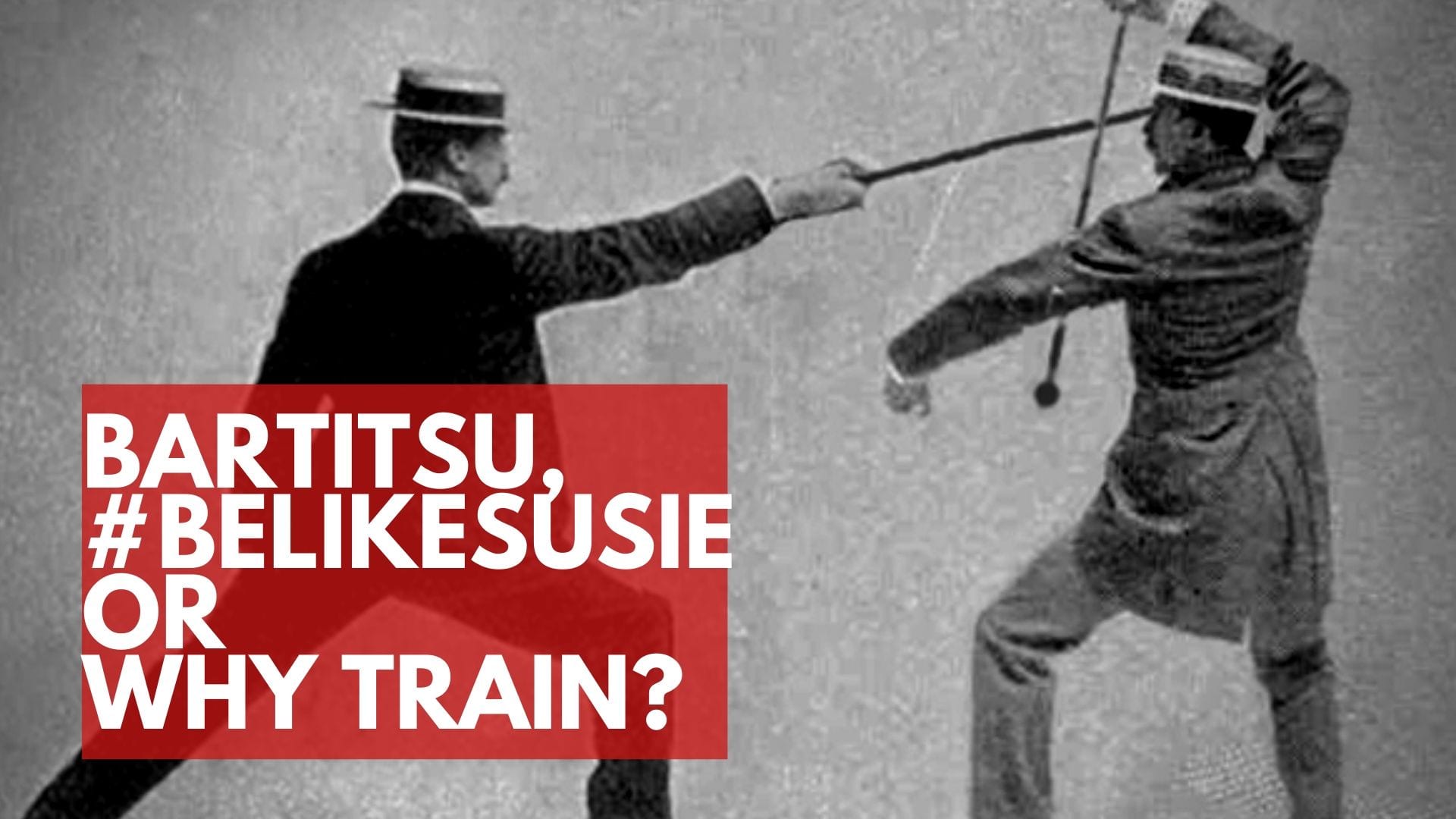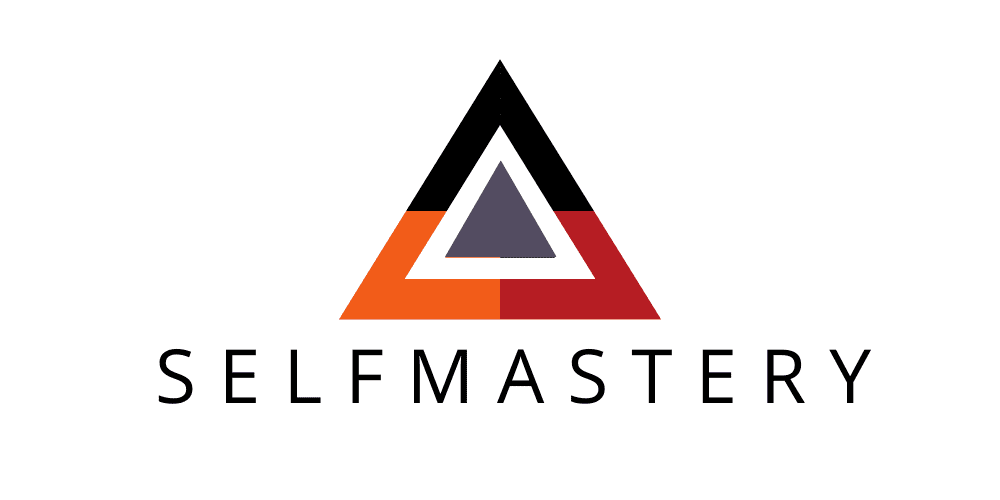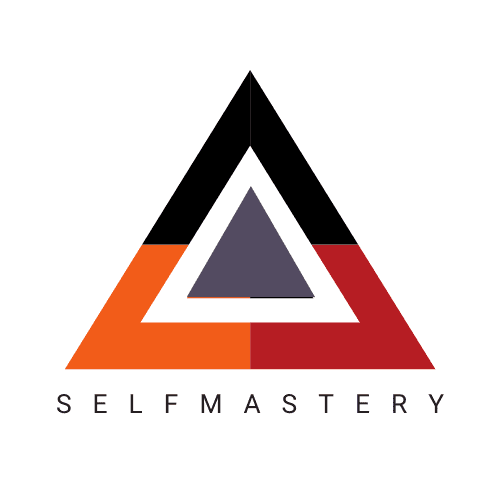
13 Aug Why train?
In the world of fitness it’s common to hear that you should find a “why” for your training. The idea behind this practice is to find an emotional connection to some part of your identity to use as motivation whenever you feel like you want to throw in the towel, or not get out of bed for your morning workout. Although this can be very useful, it is also the source of a plethora of cheesy motivational memes and worse, it comes with the assumption that exercise is inherently good for our health and all we need is more motivation and willpower. This seems like an innocent idea but it is NOT. This way of thinking takes from us the opportunity to question the physiological purpose of our training, and in doing so set us up for failure before we even start, regardless of how many hours of sweat we put in. I believe that this is the kind of “why” we should identify. Let me explain.
The vast majority of people think of exercise as a catalyst for health and good looks, because it helps you with your weight loss goals to build muscle. For most, this is the sole purpose of exercise, and the kind of exercise you do, or the role that exercise plays in your life is secondary. However every year by February a journalist full of New-Year’s-resolution-wittiness publishes an article to unveil the fitness industry’s dirty little secret: exercise is not super effective for weight loss (see here, here, here, and here, and just keep googling for your own amusement). Oh fuck! It isn’t? But … really? Yup, that is right. Have you heard that you can’t out-train a bad diet? Well it’s true, you can’t, and even with a medium-decent diet and decent exercise you STILL might not lose much weight. So yes, the number one reason most people think exercise is healthy for you, ummmm … is kind of not super true, 🤷. You can keep looking across the internet for motivational youtube videos, find all the whys in the world and your weight loss might never happen. If weight loss truly is your goal, you would be much better off putting your energy in fixing your nutrition, or at least in finding some form of training that has a nutritional base. The same goes for health in general; exercise will not necessarily make you any healthier. Let’s consider three cases of exercisers, and see how training worked for them.
Case 1: The Runner
This is the most common case I see. You might know or be somebody on like this. Let’s say JJ -short for John Jairo a very common Colombian name- just turned 30 and wants to start exercising to be more healthy. He knows very little, but he does know that he does NOT LIKE GYMS. He knows that group classes are like the aerobics his mom did, so fuck that. Plus, running is free, so running it is! JJ jumps on the internet and finds the ubiquitous recommendation that he sign up for a race: they say it will give you a goal, it will keep you motivated and it will hold you accountable. Makes sense! JJ signs up for a MARATHON, starts running, enjoys running, feels pretty much in shape, “after all I can run 12 miles, I HAVE TO BE in shape”. All is good but then something happens: PAIN! Sometimes it’s the knee, sometimes it’s the shin, sometimes it’s plantar fasciitis, and sometimes it’s the lower back. Fuck! No pain no gain, right? So JJ keeps running. Of course he does! If he stops now, he is just gonna go back to square one. (There has not been any real change in JJ’s body so far, so if he stops running he will be back to his old not-running self.) His running continues along with his pain, and JJ ends up in a physical therapist’s office paying hundreds of dollars. He stops running for a while, kinda does the exercised prescribed by the PT, and then resumes running. Pretty soon the same thing happens: PAIN. And the cycle keeps going for 3 or 4 years. Until JJ, tired of not getting much more than pain for all his effort, quits for good. After three months of inactivity JJ has lost most of the cardiovascular capacity he gained all those years of running and is back to level 0 (yes endurance is lost pretty quickly). Over the long term, exercise clearly did not make JJ any healthier. Quite the opposite, he now has some banged up joints, and some extra pounds on his belly. No, I’m not saying that running makes you fat; the problem was that while JJ was doing all that running, he thought eating like an asshole was totally justified, and so he did. To be fair, when he began running, his body was not trained and the only way it was gonna survive that journey from the couch to running 23 miles in a row in only a handful of months, was with a lot of comfort food, mostly in the form of sugar. And so he went from 0 to 1 to -1.
Case 2: The “Bodybuilder”
Adheeb was always a thin guy and during high school was on the track team. After college he joined a gym. He knew he needed some exercise to be healthier, and in deciding what to do he thought he really only wanted to be a little more muscular, thinking that would get him all the girls. Adheeb starts to enjoy his weightlifting, especially after seeing some increase in his muscle size. Pretty quickly, his confidence levels go up: he feels strong, and not just physically, and that is new and super cool. So naturally he wants more. He watches every single video on youtube focused on increasing muscle size. He finds a bodybuilding program on the web, and does it once. Then he finds another program, and another, and then another. He buys all the supplements, and has a vast collection of branded shaker bottles. Yet he still wants to be bigger, so he follows every piece of internet advice. From the ten foods that kill fat, to the ten foods that kill gainz. He ends up on the seefood diet –i.e. You see it you eat it. He thinks after bulking he will cut and lose all the fat. He puts on 20 pounds, and then tries to cut, but shit is harder than he thought and there is no real guidance. Plus he does not really know what he is doing, so he ends up losing 10 pounds and looking pretty much the same. Yes, there is more muscle, but more fat too. It just goes on like this for a while until shit gets exhausting and he settles. Adheeb now can do all the curls, he can bench a decent amount, but he cannot extend his arms fully. When he is walking his dogs picking up the poop from the ground is a fucking battle with his really tight hamstring muscles, and on top of that he is out of breath every time he has to climb a flight of stairs. He has been avoiding any form of cardio because you know “bruh, cardio kills the gainz”. After all that work he is bigger, he can move more dumbbells, but he cannot move himself very well. We could say that Ahdeeb was healthier in some aspects. We could argue that his increase in muscle mass is a good thing, and that maybe he gained some bone density, maybe! But generally speaking, he is not healthier: his eating habits are now completely out of whack, he has more visceral fat, and his big muscles instead of giving him freedom, limit his range of motion.
Case 3 – Soccer Guy
Carlos’ dad died of a heart attack when he was only 63. Carlos is now 40 and worried. He wants to follow his his cardiologist’s advice and start exercising. For Carlos, the gym is intimidating and he has no idea what to do there. Running is out of the question, and all those high intensity fads look crazy and silly. So Carlos cleans the dust of his soccer cleats and joins a team. It’s the sport he grew up playing, it feels natural to him. Initially the logistics are very complicated but after some time the habit is created and it becomes easy. He plays on Wednesday, Friday, and on a good week, even on Saturday. Carlos loves it: it fills him with joy, he makes new friends, blows off some steam after work, and gets away from his husband, who can be too much sometimes. This routine is flexible enough. When he’s tired, he can slack a little on the field and nobody cares. When things are getting rough at work Carlos is not seen on the field and no one seems to mind. After a couple of years, Carlos goes back to the doctor and nothing seems to have changed all that much. All the risk factors are still there: his cholesterol is still high, his resting heart rate is still a bit too high, better than before but enough, and so the doc prescribes statins and tells Carlos to keep up the exercise. Carlos is now part of the healthcare business, and assumes living with statins and with fear of a heart attack is just a part of life. Little by little, the soccer matches got old and he wasn’t making any progress anyway and so he just quits. Did Carlos become healthier because of the soccer? Kind of, but not really. Playing soccer was great for his mental health and his stress levels, but this alone was not enough to change his body in the ways in needed to. Problem is, playing soccer a couple of times each week also made it feel okay to him to keep doing what he was doing: he did not change his eating, he did not change his sleep habits, he did not drink any more water. Instead of making his body better, his soccer practice was just allowing him to get by with his same lifestyle.
I could write five more cases but I’ll stop here. I’ve already made my point: exercise is stupid.
No, wait, that’s definitely not it! Exercise rules, so let’s analyze this a little. Our three cases have a lot of things in common. First, they are all well-intended people trying to add exercise to their lives to make themselves better. They all follow the general advice: exercise is good for you. But also they all lack a fundamental part: what is the point of my practice? What am I getting in return and how am I gonna know if I am getting that or not?
JJ never thought about why running was good for him. He just assumed it was, he believed it would make him lose weight and it would make his heart better because, duh, cardio. But he never came face to face with himself and set up a clear reason why, and how he’d be different as a result of it. This would have changed everything. If his purpose had been clear: to improve his cardiovascular health, (which running or any other aerobic exercise can do) then he would have had to decide how he would measure his improvement. It would not have taken him a lot of pondering to realize that a better cardiovascular system is one able to pump more blood with less effort. This basic realization would also guide his training methods. Instead of running longer and longer distances, which only focuses on his capacity to sustain a low heart rate activity, he would have concentrated on making sure that he could run a given distance faster and faster with a lower heart rate. If he could do THAT then his system was definitely better and he would be making progress. Just by thinking about why and what he wanted to gain, he would have had both a way to assess improvement, and a way to create a training methodology. Moreover, if on top of that JJ realized that the purpose of running is to be able to be move for longer while aging, his actions would have been geared towards more long term goals and, instead of trying to run a marathon in year one, he would focus on bettering his running mechanics, mastering the skill of running and could have avoided much of the pain he suffered. In 5 years, JJ would still be running and his overall health would be so much better. But JJ did not know any better, and never really thought: what are the specific physiological reasons for my running?
Adheeb did not know any better either. He never thought about what the purpose was of all that muscle, apart from: curls for gurls! If he had reflected on why he wanted to train, and why it was gonna help him change his appearance, he would have come face-to-face with his motivation. He might have realized that his problem with girls was a lack of confidence that ran deeper than the size of his muscle, and he would have done something else to fix that. Adheeb would have also remembered that his initial reason to start working out was not to get as muscular and ripped as possible, but just wanted to be a little more muscular and healthier. If he had kept that in mind, he would have always made sure that all those supplements, and that all that muscle was actually giving him health, not taking it away, and maybe he would have backed off a little. He would have included some variance even at the expense of gainz and muscles because even though he prioritized aesthetics, his main purpose was quality of life, so those 20 minutes on the bike, the flexibility routine, the 20 minutes of cross-training would have been all good for him.
Carlos just wanted to follow his doctor’s advice. Soccer is exercise, right? The doctor said “do something”, “move more”, and that was it. So Carlos’ purpose behind playing soccer was not to make his body better, it was to check off his doctor’s recommendation. There is nothing wrong with following the doctor’s recommendations. The problem is that doctors are here to save the lives of sick or injured people, not to help us make optimal lifestyle choices. So they prescribe exercise like a pill, which it isn’t. Carlos settled here: he played soccer and his body adapted to the small increase of weekly activity. Carlos also got used to drinking a gatorade during the game and maybe a pizza and couple beers after matches with the guys, and that was it – resulting in minimal metabolic change. There was no way for Carlos to assess his progress (or lack of it), because he had not clearly defined his objectives. It was completely binary: “am I moving more: yes or no?” Don’t get me wrong, it was better than staying on the couch, but it was not enough. It did not make him healthier. If Carlos had just thought about why and how exercise was supposed to make him better and help him with his inherited cardiovascular risk, he would have learned that the impact of exercise on his lipid profile is minimal compared to the impact a change in nutrition could make, and so he would have sensibly put his effort there. If he had researched how exercise could help him besides the cholesterol thingy, he might have learned that all he needed was 15 to 30 minutes of intense exercise, 4 or 5 days a week to see benefits. Carlos would have loved that; he could do anything for 15 minutes! With his health in mind, he would have tracked his bio-markers better and not just when his doctor wanted. Understanding that the purpose of those 15 minutes is to make his metabolism more efficient at the production and conversion of energy, (that is, at being able to do more and cooler shit in less time) Carlos could have made sure that that was happening. Fuck! He might have even discovered that those 15 minutes would make him way better on the soccer field, and the young guns at the field would ask him, “what’s that thing again that you are doing?” But Carlos never asked and never knew. Now he is dead…. Naaah not really.
JJ, Adheeb, and Carlos, definitely got something out of their training. For all of them their choice was better than staying on the couch, but the returns they got given all the time they invested were few, and that is a tragedy. This is exactly why for most people exercise becomes a burden, and they have to resort to ALL the motivational memes, because no matter how much they run, lift or play, they never end up getting what they want, nor what they need. And let me be real: running for 5 hours to get a medal, a 26.2 sticker for the bumper, and no substantial change in our body is not. fucking. enough.
Let me give you an example of how to apply what I am saying. Let’s say you are Susie. Susie wants to start training because she is 30 and she can not take off extra weight as easily as she used to. She used to get away with eating and drinking like maniac for a week and then bounce off the chub by cutting way back the next week, only to repeat again and again. But not anymore! So Susie says “fuck, I need to start exercising!” But here is the cool part, right at the beginning, Susie asks herself: “Why do I want to train? Because, I am not able to bounce the chub off anymore.” That is it. So the purpose of her training is to solve one problem: her body cannot handle her lifestyle anymore. She quickly realizes that exercise is not the solution to her problem, because the lack of exercise was not the cause of it. The cause of her problem is that her body is not so young anymore and cannot handle that disordered eating. No, she does not have an eating disorder, but that way of eating the world one week and then dieting the next one is certainly not sustainable. Susie then realizes she has to stabilize her eating habits, that is where her energy should be. Over time, she learns that exercise can help you regulate your metabolism, and so she makes time for training. She enters each training session with a clear purpose: to support her new-found goal of improving her eating habits. She is not going to the gym to lose weight or to help her control her weekly bingeing, which wouldn’t work anyway. She is going to the gym to use her body, to make it better at moving, to not let it age. This mindset will make training so much more sustainable. The objective of going to the gym for her is just that: going to the gym and seeing what her body can do. Every time she goes, she wins and every time she performs a workout, she takes note of how she feels and how she performs. This gives her feedback on her eating. Susie fucking wins!
Running, Bodybuilding, Soccer, Yoga, or Bartitsu are all tools. They can be incredibly powerful or they can be unproductive and annoying. It all depends on how you use them. Results do depend on your motivation, but they depend so much more on your intention and your purpose. As I showed you, what you want from your training will dictate what your training will be, and it will provide you with a way to make sure you are headed in the right direction. And that is crucial because when you wake up Monday morning, and really feel like staying in bed, what is going to help you stand up is not a youtube video of Shia Labeouf screaming to you to “just do it”, nor the vague idea that exercise is good for you, what will help you stand up is the momentum built on the progress you have made, be it the improvement in your weight, or your mile time, or the size of your biceps.
The best part is, if you train purposefully and intentionally for long enough, the returns will greatly surpass your initial goals. You will discover that any kind of physical training that is intentional and purposeful will give you freedom: it will allow you to do more, and it will allow you to know yourself better. Few times in our lives do we have the opportunity to put ourselves in controlled and challenging environments day in and day out, but that is EXACTLY training, and if you are paying attention to how you act, you will learn a lot of about yourself: how to change and how to potentiate your inner samurai ninja! 👊🏼


